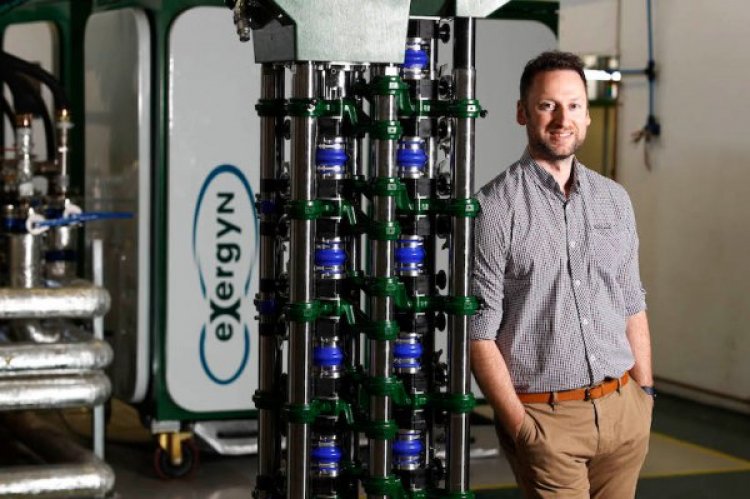Dublin’s Exergyn pulls in $35M Series A for solution which replaces GHG-causing refrigerants
Dublin-based Exergyn replaces refrigerants with solid materials, thus reducing the output of greenhouse gases. The technology could be applicable in data centers. The industrial-grade cleantech company has now raised a $35 million (€30 million) Series A round led by Mercuria, an energy and commodities company, and Lacerta Partners, a family office-backed fund. Also participating was […]

Dublin-based Exergyn replaces refrigerants with solid materials, thus reducing the output of greenhouse gases. The technology could be applicable in data centers.
The industrial-grade cleantech company has now raised a $35 million (€30 million) Series A round led by Mercuria, an energy and commodities company, and Lacerta Partners, a family office-backed fund. Also participating was Prague-based private equity and venture capital firm McWin.
Exergyn has a product called a solid-state shape memory alloy (SMA) which it claims could lower carbon emissions in industries such as heating, ventilating, air-conditioning, refrigeration (HVACR), automotive, and aerospace. The HVACR industry accounts for more than 10 percent of the global CO2 emissions.
These SMAs contract and relax as they absorb and release heat, doing away with refrigerants.
According to the Montreal Protocol, the number one solution to global warming is to remove gases that have global warming potential.
In terms of competitors, the University of Maryland, or the University of Ljubljana in Slovenia are looking at the space but commercial entities operating in the same space are thin. Magnetocaloric is like an expensive cousin of SMA, but it is generally considered too expensive.
Commenting on the Series A announcement, co-founder and managing director Dr. Kevin O’Toole said: “By joining forces with thought leaders such as Mercuria, Lacerta, and McWin, we can expand our offering into multiple new and exciting verticals.”
Speaking about the investment, David Haughie, managing director at Mercuria noted: “Mercuria’s ambition is for these SMAs to negate the need for refrigerants in traditional sectors such as the cooling and refrigeration industry, allowing even more cost-efficient operation, with zero HFC-driven impact on the environment.”







